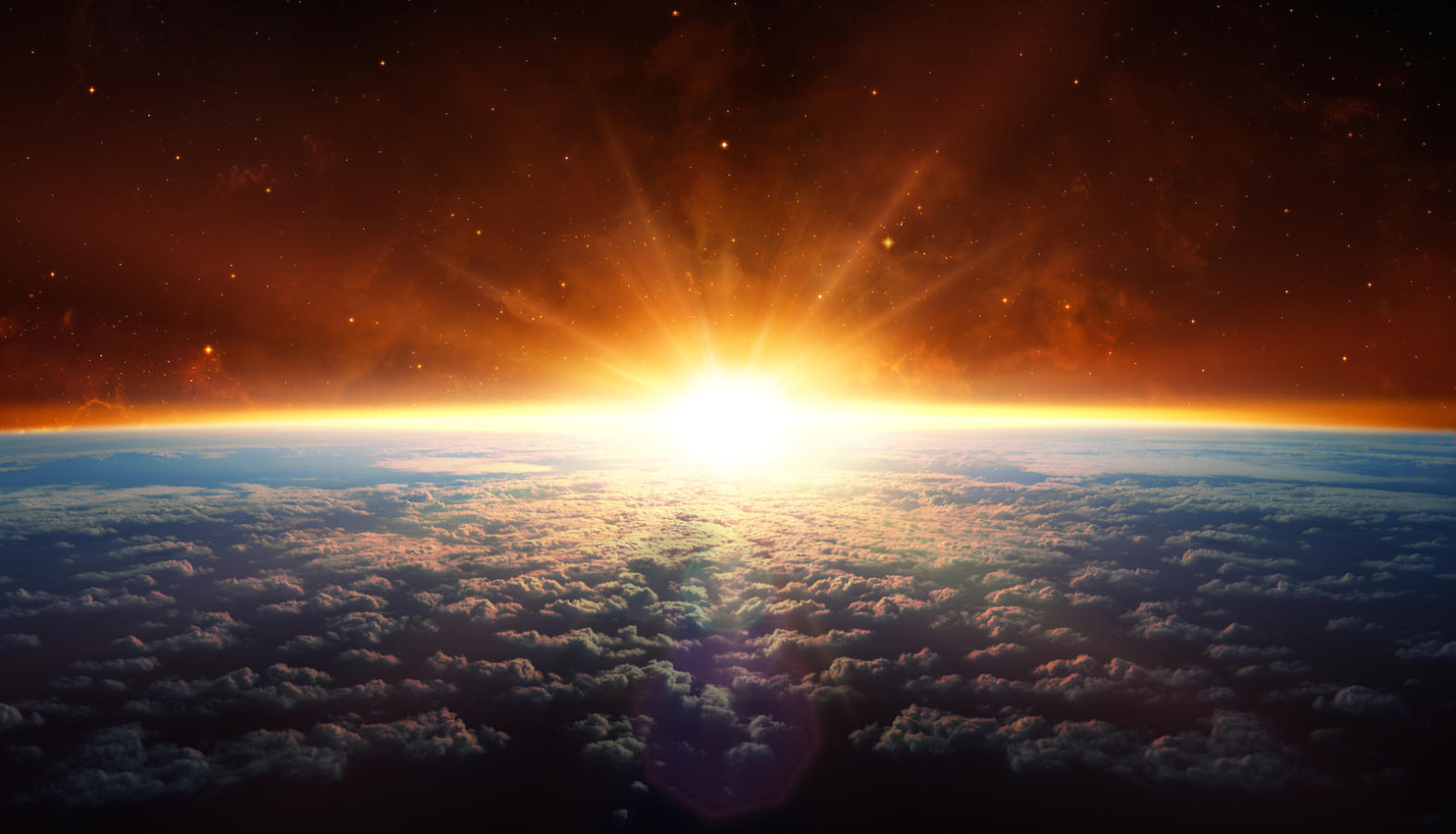Commentary on Parashat Bereshit, Genesis 1:1-6:8
Every child knows the story of Creation. The Torah gives us a day-by-day account, describing how God, in His omnipotence, benevolently brought forth all that we know — light and darkness, dry land and sea, trees and plants, stars and planets, animal and man.
The text reads so simply and orderly that one is tempted to skim through it to get to the “meat” of the parashah–the story of Adam and Eve. The story of Creation remains an introduction, one that poses little difficulty for believers.
But Rashi, the great commentator, does not see it that way. He says that the opening sequence cries out for interpretation. It cannot be that these verses are telling us about the chronology of Creation, he writes, for the Torah’s second verse tells of God’s Presence “hovering on the face of the water,” before any account of God’s creating water is given.
Rashi therefore does not subscribe to the popular translation of the opening verse of the Torah, “In the beginning, God created heaven and earth.” Instead, he renders the words to leave open the possibility that water was created prior to heaven and earth.
With your help, My Jewish Learning can provide endless opportunities for learning, connection and discovery.
What looked like a neat and clear account of Creation turns out to be full of mystery. And the Torah beginning with mystery is important–it reveals the very nature of Creation and of the Torah itself.
The Need for Wonder
We tend to feel a need to clarify and understand the world around us, to grasp and digest every experience we have.
But we must never lose track of the mystery that pervades all of Creation. A sense of wonder is necessary in this world. We must know that we are part of something much larger than our selves and our personal experiences, something we may never fully be able to understand.
The “works of Creation” refers to science, according to some talmudic Sages. Science, too, resides in the tension between the known and the mysterious.
In our century, particularly, with the discovery of subatomic particles, the science of Creation has become more mysterious than ever. Those very mysteries of our origin make us cognizant of the contemporary wonders around us today.
The Torah is also telling us about life itself. We don’t need to have all the answers. A good question often serves us better than a mediocre answer. Even our great Sages were occasionally unable to answer questions of halacha (Jewish law) and left them for Elijah the Prophet to answer.
In the meantime we are not threatened. Life, in fact, becomes more meaningful. Rather than trying to deny the existence of phenomena that don’t fit neatly into our categories of thought, we are prepared to acknowledge an element of mystery, live with it, and be enriched by it.
Reprinted with permission from the Orthodox Union.
Torah
Pronunced: TORE-uh, Origin: Hebrew, the Five Books of Moses.
halacha
Pronounced: hah-lah-KHAH or huh-LUKH-uh, Origin: Hebrew, Jewish law.



